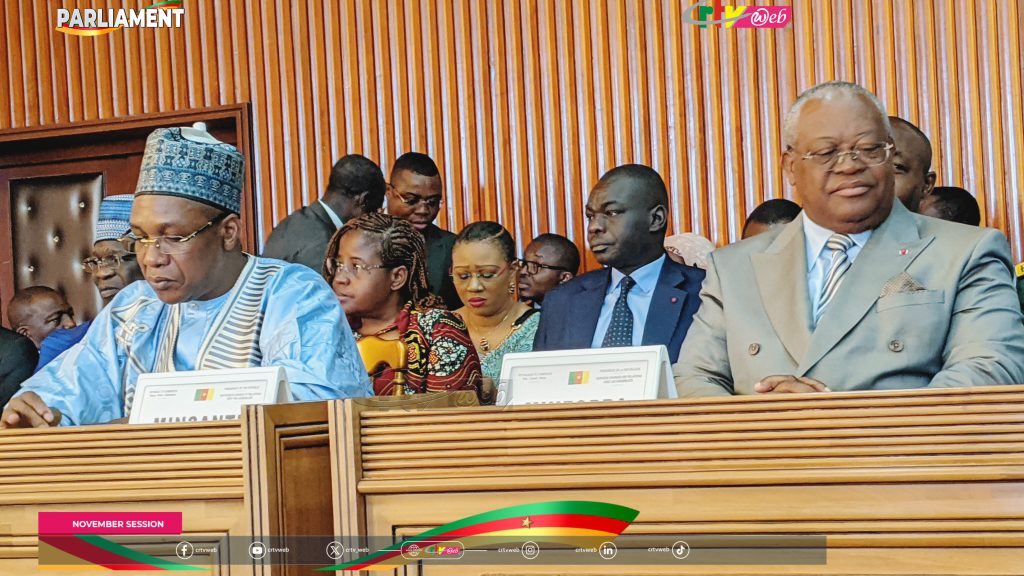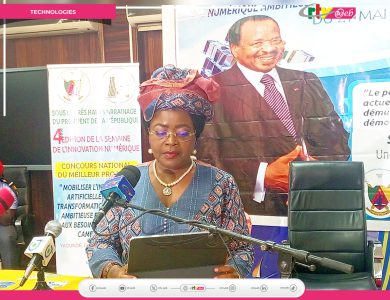Cameroon’s National Assembly has taken a significant step towards regulating traditional medicine in the country. Bill Number 2068/PJL/AN, recently adopted, aims to establish a legal framework for traditional medicine, with a strong emphasis on combating fake medications.
A Step Towards Combating Fake Medications and Improving Public Health
According to Minister of Public Health Manaouda Malachi, the bill is crucial in addressing the issue of counterfeit drugs, which pose a significant threat to public health. The minister’s warning about the locally produced medicine “Mbom Francois” is a case in point. This medicine has been found to be hazardous to the population, highlighting the need for stricter regulations.
The problem of fake medications is not unique to Cameroon. According to the World Health Organization (WHO), 42% of all fake medicine reported between 2013 and 2017 was linked to the African continent. In fact, the WHO estimates that over 150,000 people die each year in Sub-Saharan Africa due to substandard or fake anti-malarial drugs.
In Cameroon, the adoption of this bill is a step in the right direction. The country has been working to improve its healthcare system, with the first phase of universal health coverage underway. However, challenges persist, and the issue of fake medications remains a significant concern. To address this issue, Cameroon can draw lessons from other African countries. For example, Kenya has established an Anti-Counterfeiting Agency, which works to enlighten and inform the public about counterfeit activity. Similarly, South Africa has a Counterfeit Goods Act, which provides for specific measures against counterfeiting.
By adopting this bill, Cameroon’s National Assembly has demonstrated its commitment to protecting public health. However, more needs to be done to address the root causes of fake medications, including poverty, lack of access to healthcare, and weak regulatory frameworks.
Tanjong Levis Agbor











